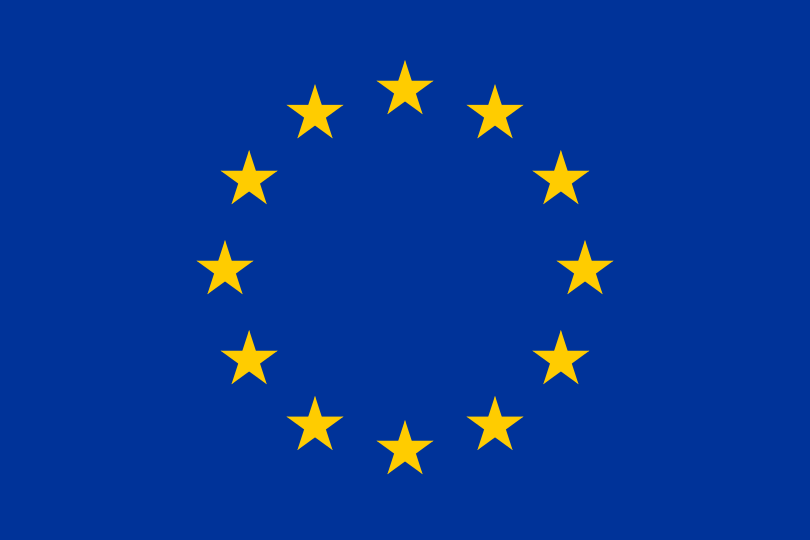European Union Reference Laboratories
Strict and regular official controls, enforcing existing rules and carried out by the EU Member States’ authorities, ensure that the EU’s high standards for food and feed are maintained.
The specific objective of Regulation (EU) No 652/2014, related to official controls, is to improve the effectiveness, efficiency and reliability of official controls, as a vital tool for maintaining a high level of safety for humans, animals and plants along the food chain whilst ensuring a high level of protection of the environment.
EU Reference Laboratories (EURLs) aim to ensure high-quality, uniform testing in the EU and support Commission activities on risk management and risk assessment in the area of laboratory analysis in accordance with the provisions of Regulation (EU) No 2017/625.
The EURLs are subject to the financial and technical supervision of the European Commission, Directorate General for Health and Consumers (DG SANTE). Each Reference Laboratory is responsible for certain substances (list of EURLs and responsibilties).
Among others, the tasks of the EURLs are to develop and to validate test methods, to assist the Commission scientifically and technically, e.g. when EU countries contest analytical results, to provide advice and to support the National Reference Laboratories with regard to the use of analytical methods, and to coordinate their application. Moreover, they promote the harmonisation of the proficiency of the laboratories, thus helping to avoid market distortions in the Single European Market.
The EURLs act as an intersection between the European Commission and the National Reference Laboratories of the EU Member States (list of NRLs and responsibilities). Regulation (EU) No 2017/625 of the European Parliament and of the Council as regards EURLs lays down in detail the tasks of the EURLs. Article 94 of the Regulation states:
“European Union reference laboratories designated in accordance with Article 93(1) shall be responsible for the following tasks […]:
- providing national reference laboratories with details and guidance on the methods of laboratory analysis, testing or diagnosis, including reference methods;
- providing reference materials to national reference laboratories;
- coordinating the application by the national reference laboratories and, if necessary, by other official laboratories of the methods referred to in point (a), in particular, by organising regular inter-laboratory comparative testing or proficiency tests and by ensuring appropriate follow-up of such comparative testing or proficiency tests in accordance, where available, with internationally accepted protocols, and informing the Commission and the Member States of the results and follow-up to the inter-laboratory comparative testing or proficiency tests;
- coordinating practical arrangements necessary to apply new methods of laboratory analysis, testing or diagnosis, and informing national reference laboratories of advances in this field;
- conducting training courses for staff from national reference laboratories and, if needed, from other official laboratories, as well as of experts from third countries;
- providing scientific and technical assistance to the Commission within the scope of their mission;
- providing information on relevant national, Union and international research activities to national reference laboratories;
- collaborating within the scope of their mission with laboratories in third countries and with the European Food Safety Authority (EFSA), the European Medicines Agency (EMA) and the European Centre for Disease Prevention and Control (ECDC);
- assisting actively in the diagnosis of outbreaks in Member States of foodborne, zoonotic or animal diseases, or of pests of plants, by carrying out confirmatory diagnosis, characterisation and taxonomic or epizootic studies on pathogen isolates or pest specimens;
- coordinating or performing tests for the verification of the quality of reagents and lots of reagents used for the diagnosis of foodborne, zoonotic or animal diseases and pests of plants;
- where relevant for their area of competence, establishing and maintaining:
- reference collections of pests of plants and/or reference strains of pathogenic agents;
- reference collections of materials intended to come into contact with food used to calibrate analytical equipment and provide samples thereof to national reference laboratories;
- up-to-date lists of available reference substances and reagents and of manufacturers and suppliers of such substances and reagents; and
- where relevant for their area of competence, cooperate among themselves and with the Commission, as appropriate, to develop methods of analysis, testing or diagnosis of high standards.”
Source: partly derived from https://ec.europa.eu/food/funding/official-controls_en, licence: CC BY 4.0, original text modified
 EURLs for Residues of Veterinary Medicinal Products
EURLs for Residues of Veterinary Medicinal Products